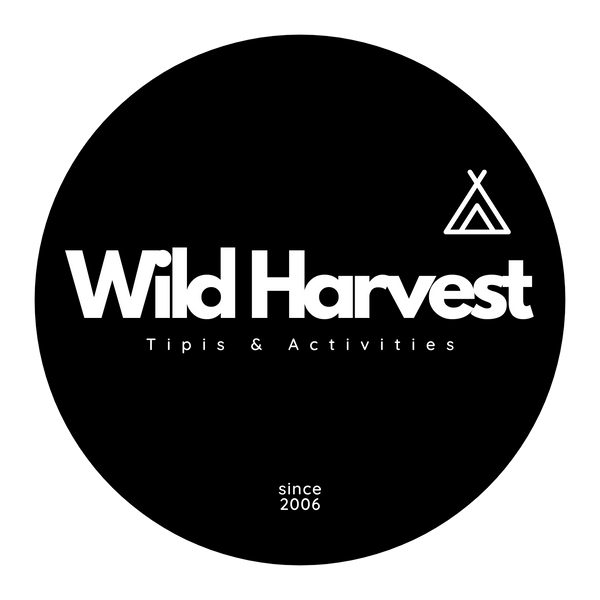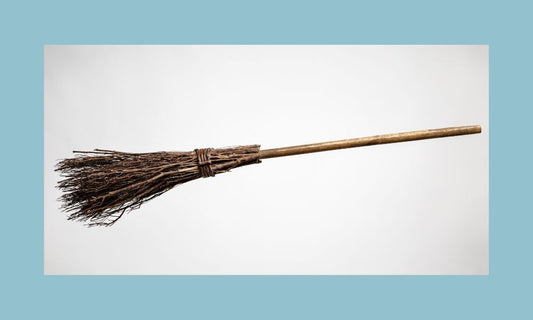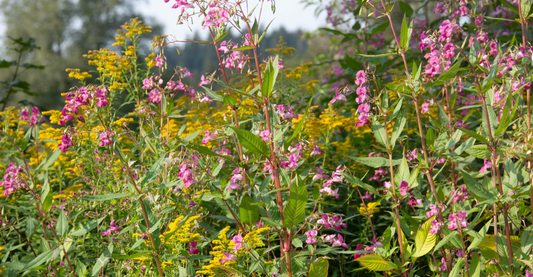
Foraging and the Law - Stay Legal When Foraging for Wild Food
Foraging and the Law are two words you may be surprised go together…
‘Foraging’ - ‘Law’ - It can be done legally and it can be done illegally… so read on to ensure you stay on the right side of the law.
The law concerns foragers in three key areas
where you forage, what you forage and what you do with what you forage!
In the following blog we look at the laws of Theft, Trespass and Conservation as relevant to you if you are out collecting wild food.
Is Foraging Theft?
Before we start here is a quick teaser...
Question: Are you guilty of theft if you go into your neighbours garden and take some nettles growing wild there? Yes or No.
Answer: You may be surprised to learn ‘no’ you are not
guilty of theft… but before you hop over that gate, hear me out… As you may expect there are some other factors that come into play.
Plants as Property?
Firstly plants growing wild are not classed as ‘property’ in law and as the definition of theft is ‘the dishonest appropriation of property belonging to another with the intention of permanently depriving’… as the plants are
growing there wild… they don’t ‘belong’ to anyone.
Wild plants are therefore not property under law. they can’t be stolen nor criminally damaged.
The law that gives us these rules is the Theft Act 1968 Section 4.3 - it states regarding wild plants, that a person, even if not in possession of the land upon which he forages, cannot be guilty of theft.
This could be a different scenario if your neighbour had potted up, watered, fertilised and trimmed the nettles… In such a way as to make a wild thing become property: by the investment of time and care and possibly money. The protection from the Theft Act only applies for plants growing ‘wild’.
The law is designed to protect foragers gathering wild food for their own use.
It is NOT there to protect commercial foragers. See my other blog Foraging To Sell (Commercial Foraging and The Law) for a deeper insight into this. As a commercial forager - the Theft Act protection, afforded above - does NOT apply to you.
Trespass
The next way the law affects you as a forager is the law of Trespass
You are possibly aware this is a civil offence with a civil remedy rather than a criminal offence like theft that can have a custodial sentence or fine at a magistrates court..… a civil case taken to a county court, is dealt with using a civil remedy likely a prohibitory injunction - prohibiting you from doing something.
Proof in a civil case is on a burden of probabilities that you did something; there is no need to prove beyond reasonable doubt that you did something.
Regarding trespass; some foragers are quite political about land ownership and access… and are of the belief they can go wherever they want, I disagree and whole heartedly recommend you always get landowners permission. Just to keep foraging on the right side of everyone really.
Why upset someone by walking across their land when you have seen a lovely laden blackthorn, or elder on their property, then get arsey when approached. Much better to just ask, it costs nothing and is rarely met with a no and usually much interest and intrigue.
A landowner can ask you to leave at the nearest reasonable exit so you shouldn't eg. say "O.K but I'm going but this way," and continue across their land'. Be reasonable!

Conservation Laws - plants that are protected by law for their own conservation.
The law of interest here is the Wildlife and Countryside Act 1981.
It’s an old act and because plant communities change year upon year and different plants come into relevance as needing protecting - this law has a special list that is published every couple of years (Schedule 8).
You can find Schedule 8 and the current list of plants protected by law from being foraged, online on gov.uk website. Search 'Wildlife and Countryside Act 1981 Schedule 8.'
It's a long list of both the common and latin names of the plants that you should not currently be foraging, due to their scarcity.
Another law that can effect you under the conservation umbrella is regarding invasive plants…
Schedule 9 of the same Act makes it a criminal offence to cause the spread of a certain list of invasives. This list includes Giant Hogweed, Himalayan Balsam and others.
'Causing the spread of'... is quite vague and could be deemed to be as simple as removing seeds from the site and taking them elsewhere.
This offence is a summary offence (triable only at Magistrates) and punishable with a fine or imprisonment of up to six months. At my last look, I have yet to find anyone imprisoned for a Schedule 8 or 9 offence.





